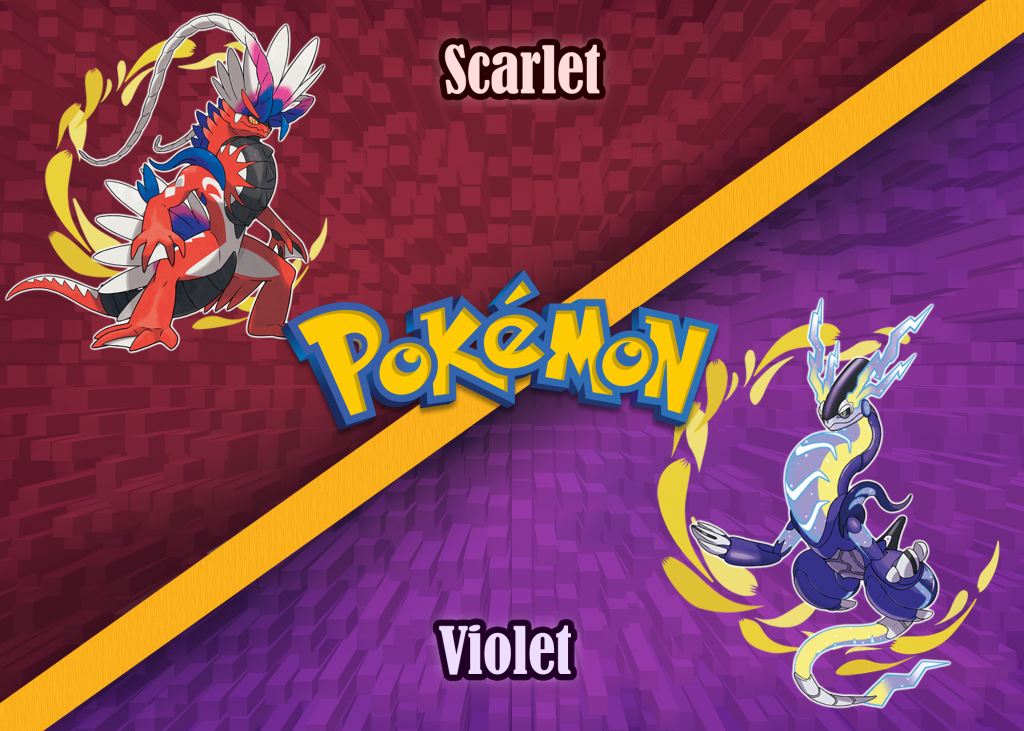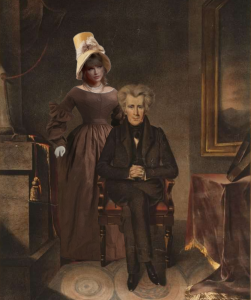Two new installments in one of the world’s largest media franchises, “Pokémon Scarlet” and “Pokémon Violet,” were released to mixed critical reactions but overwhelming commercial success on Nov. 18.
Both games continue the juggernaut’s momentum by selling 10 million copies in three days, making it Nintendo’s best release of all time. This fact seems largely unaffected by the rocky and glitchy footage shared on social media at the time of the release.
Errors included character’s bulging eyes, unrealistically stretched and distorted shadows, objects popping in suddenly and the speed of the game slowing down to that of a dial-up modem.
However, while some players didn’t experience game bugs that prohibited gameplay or diminished the experience, others did. This demonstrates what many think was a move made by the developer, Game Freak, to rush the game’s release in time for the holiday season.
This is not a new trend since many companies capitalize on the expected profits of the season. The gaming industry intensely focuses on this time of year, as games like “Call of Duty” use multiple studios to release a different game every year around November.
“Call of Duty” enjoys some of the same benefits as “Pokémon.” They are both such large franchises that their actual quality is often overlooked by the dedicated base of consumers that always buys the newest installment.
With this relationship in mind, a question about what can be done to humble companies into creating better products arises. What usually occurs is a steep decline in sales numbers, as it is the most convincing evidence for a company to change course.
Consequently, there is no easy way to incentivize them to improve their products or radically change them. Competitors have come and gone with varying levels of success, which is very much akin to how movies so wildly differ in budget and quality these days.
“Pokémon’s” rocky launch and indifferent response to the reports of glitches need to be more closely examined to understand why its sales haven’t been affected compared to other titles with similar issues.
As a franchise, “Pokémon” is predictable. Players catch, battle and evolve a slightly updated roster. So what if there are a few glitches here and there? Similarly, “Call of Duty” promises competition to see who can shoot the most people. Players can expect consistent gameplay and mechanics. No one at either franchise is reinventing the wheel.
Evidently, video games in general have that advantage over films and stories. They depend on performance and are consistently enjoyable over time due to minor deviations being the source of entertainment.





